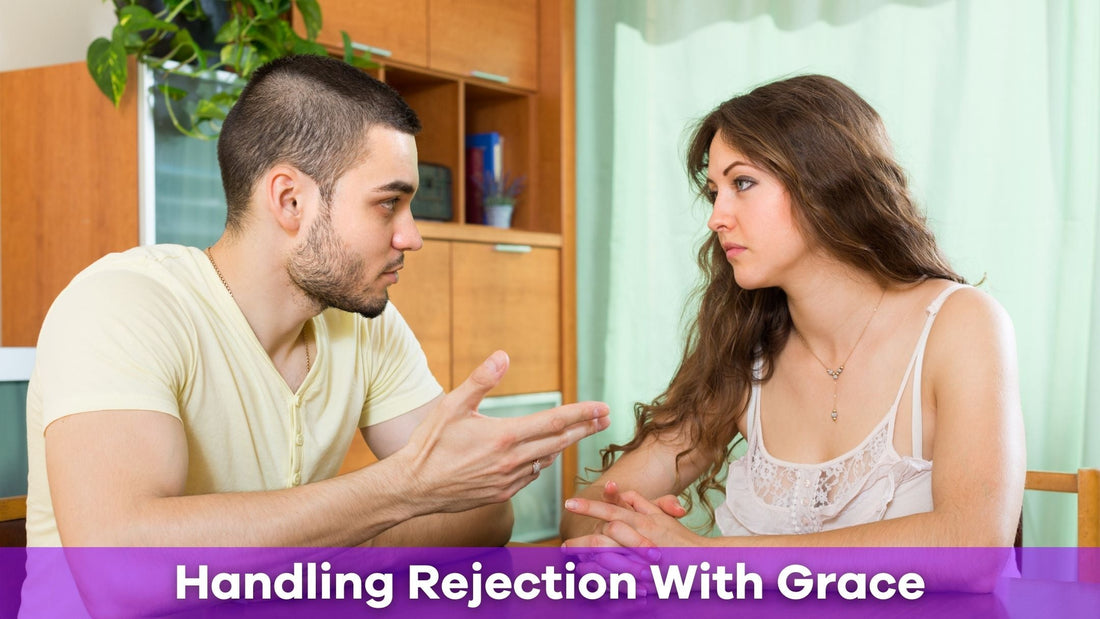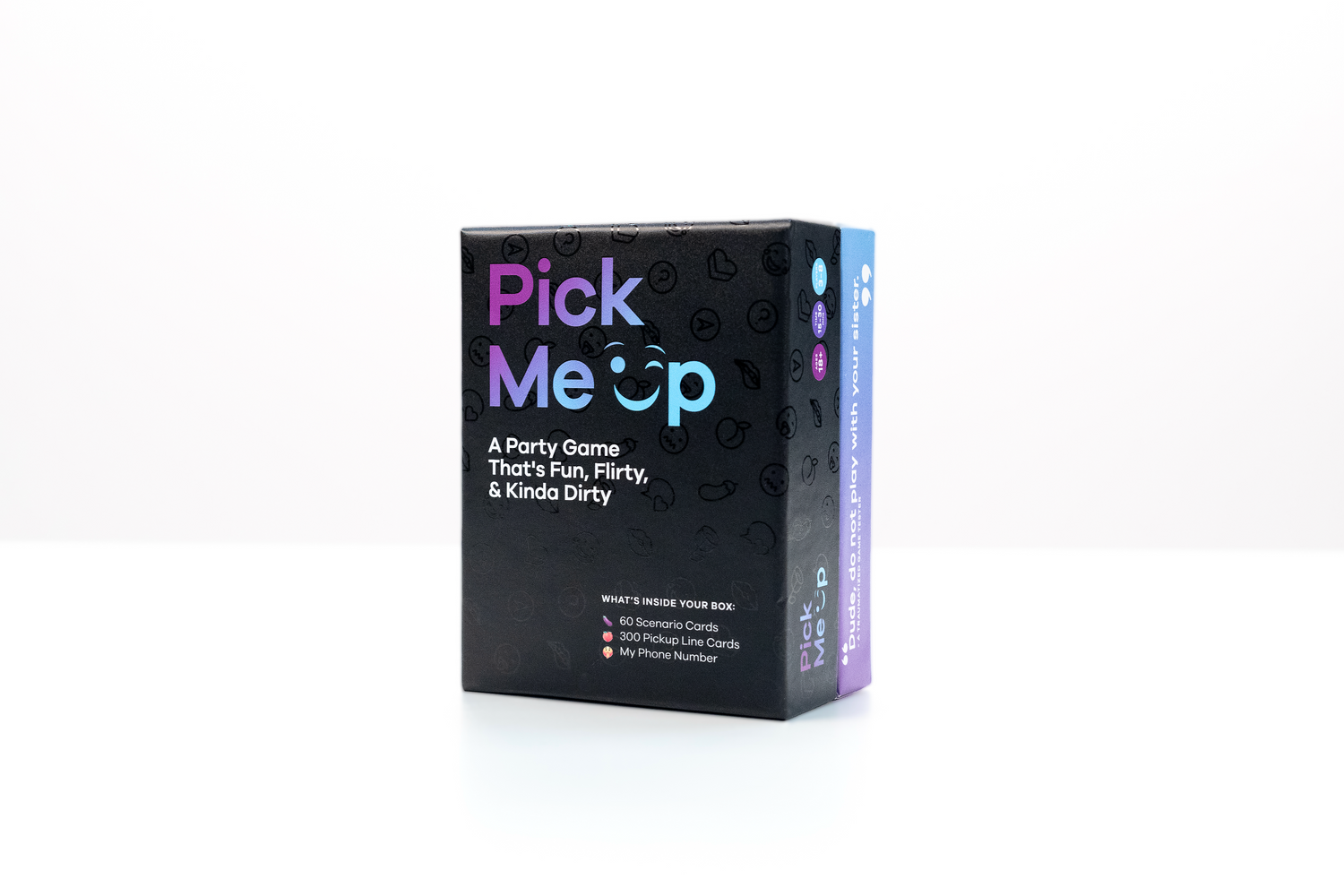Rejection stings. Whether it’s a dating disappointment, a job opportunity gone cold, or a friend pulling away, being turned down can trigger feelings of inadequacy, confusion, or even shame. But it doesn’t have to.
Handling rejection in a healthy way is a powerful life skill. It builds emotional resilience, sharpens self-awareness, and ultimately leads to better relationships—especially the one you have with yourself. This guide walks you through practical, compassionate strategies to bounce back when things don’t go your way.
Why Rejection Hurts More Than We Expect
Rejection activates the same part of the brain as physical pain. That’s why it feels so intense—even when it’s not personal. From a psychological perspective, rejection threatens our sense of belonging and self-esteem.
But here’s the upside: because it feels so personal, learning to handle rejection well becomes a powerful growth opportunity. It’s not just about “getting over it”—it’s about transforming how we respond to setbacks.
Reframing Rejection: It’s Not Always About You
Shift From Self-Blame to Curiosity
Instead of asking, “What’s wrong with me?” try asking, “What might they be looking for that I didn’t fit?” Not every connection is meant to click—and that’s okay.
Understand the Bigger Picture
In dating, especially, rejection can be based on timing, compatibility, or even the other person’s emotional readiness. It doesn’t define your worth—it simply reflects a mismatch.
Practical Steps for Handling Rejection in the Moment
Pause Before Reacting
When rejection hits, your first instinct might be to lash out, spiral, or shut down. Don’t. Take a breath, acknowledge the emotion, and give yourself time to respond rather than react.
Let Yourself Feel It
Suppressing your feelings doesn’t make them go away—it just delays the process. Name the feeling (hurt, embarrassment, confusion), then let it move through you.
Avoid Over-Analyzing
You don’t need to decode every detail of what went wrong. Often, trying to “make sense” of rejection leads to harsh self-talk and imaginary flaws.
What Not To Do When You’re Rejected
Don’t Beg or Try to Change Their Mind
Rejection is not a negotiation. Trying to reverse someone’s no usually feels desperate—and rarely works.
Don’t Lash Out
Responding with anger, sarcasm, or guilt-tripping only reinforces the rejection and makes it harder to heal.
Don’t Take It to Social Media
Venting online might feel satisfying in the moment, but it often adds more drama and regret later. Keep it private or talk to a trusted friend instead.
Building Resilience After Rejection
Reaffirm Your Value
List your strengths, recent accomplishments, and qualities you’re proud of. Rejection can make you question your worth—don’t let it rewrite your narrative.
Practice Self-Compassion
Talk to yourself like you would a friend going through the same thing. Kindness is more motivating than criticism.
Take a Break From the Situation
If rejection came from dating or a specific social group, step away and shift your focus elsewhere for a while. A little distance brings clarity.
Handling Romantic Rejection With Dignity
Respect Their Decision
Even if it wasn’t what you wanted, respecting someone’s choice shows emotional maturity—and leaves the door open for friendship or future interactions.
Keep It Classy, Not Cold
A simple “Thanks for your honesty. I wish you the best” leaves things on a positive note. You’ll walk away with your self-respect intact.
Don’t Let It Define Future Dates
One “no” doesn't cancel your potential. In fact, the sooner you bounce back, the more energy you’ll bring to the right connection.
How to Talk About Rejection With Friends
Vent, But Don’t Spiral
It’s healthy to talk it out—just make sure it doesn’t turn into endless rehashing or self-deprecating humor.
Ask for Encouragement, Not Just Sympathy
Let your friends remind you of your strengths. Ask them what they love about you—and believe them.
Turning Rejection Into Growth
Look for the Lesson
What did this situation teach you about your needs, communication style, or expectations? Every no is a step closer to a better yes.
Try Something New
Rejection can be a signal to shift focus. Dive into a hobby, meet new people, or try a game like Pick Me Up that encourages fun, lighthearted connection without pressure.
Reconnect With Yourself
Take time to focus inward. Rebuilding your self-relationship makes you stronger for future relationships with others.
Handling Rejection in Friendships or Social Circles
Acknowledge the Shift
If a friendship is fading or you’re being excluded, it still counts as a form of rejection. Honor the loss without blaming yourself.
Reach Out to Other Connections
Strengthen ties with friends who value and support you. Don’t isolate—expand.
Remember: You’re Not for Everyone
And everyone isn’t for you. Being selective in your connections is healthy—and you deserve mutual energy.
Using Humor and Play to Bounce Back
Sometimes, the best way to heal is through laughter. That’s where something like the Pick Me Up Party Game comes in. Designed to spark playful conversations and cheeky flirting, it’s a great way to reenter the dating scene—or just enjoy yourself without pressure. Plus, it helps you stay confident and open to connection, even after a recent rejection.
A Real Strategy for Handling Rejection: Keep Moving Forward
Rejection doesn’t have to feel like the end—it can be a redirection. When you handle it with grace, self-awareness, and resilience, you come out stronger, clearer, and more ready for what’s truly aligned with you.
Build Resilience, Not Walls
Instead of shutting down, open up to new experiences and people. The right connection won’t require chasing or proving your worth.
Stay Playful and Curious
Rejection doesn’t mean you’re off course—it might just mean you’re being rerouted to something better. Keep showing up as your full, authentic self.
FAQs About Handling Rejection
-
Why does rejection hurt so much?
Because it activates the brain’s pain centers. Rejection challenges our sense of belonging and self-worth—but you can recover faster with healthy tools. -
How can I get over romantic rejection faster?
Feel the emotions, don’t take it personally, and remind yourself of your value. Engage in fun, low-pressure social activities to rebuild confidence. -
What should I say when someone rejects me?
Keep it brief and kind: “Thanks for being honest. I wish you well.” Then focus on moving forward, not getting closure. -
Can rejection ever be a good thing?
Yes. Rejection clears space for better-aligned opportunities, people, and growth. Sometimes, it’s life protecting you from the wrong fit. -
How do I stay confident after being rejected?
Reinforce your strengths, surround yourself with supportive people, and do things that make you feel competent, valued, and joyful.


